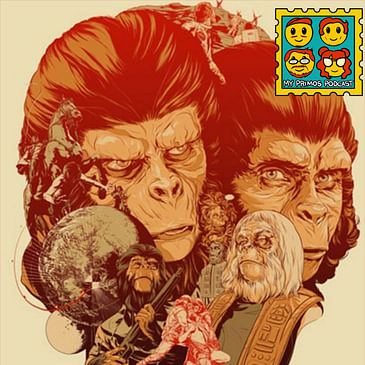Que onda Primxs!? we are back this week with more fandom , and a returning guest @henryjbarajas writer of the upcoming @chispacomics Gila Girl! a Latine Super hero with the powers of a Gilamonster, we also geek out over #ninjaturtles, #gilthorp and Henrys new 90's music themed #cocktail book. Its a ...

